Our Peek Inside… series takes a look inside people’s journals to celebrate their imagination and inspire others. This week we are happy to welcome back to our blog writer Clio Velentza from Greece, who in 2016 was featured in our X Questions With column. Back then Clio shared with us that she was writing a novel. Today, that novel has just been published by Fairlight Books! The Piano Room is a gothic, Faustian tale with LGBTQA+ themes, about a man who makes a deal with the devil with unexpected consequences.
Join us in learning more about Clio’s writing journey, her experience in NaNoWriMo and her thoughtful advice to fellow writers.
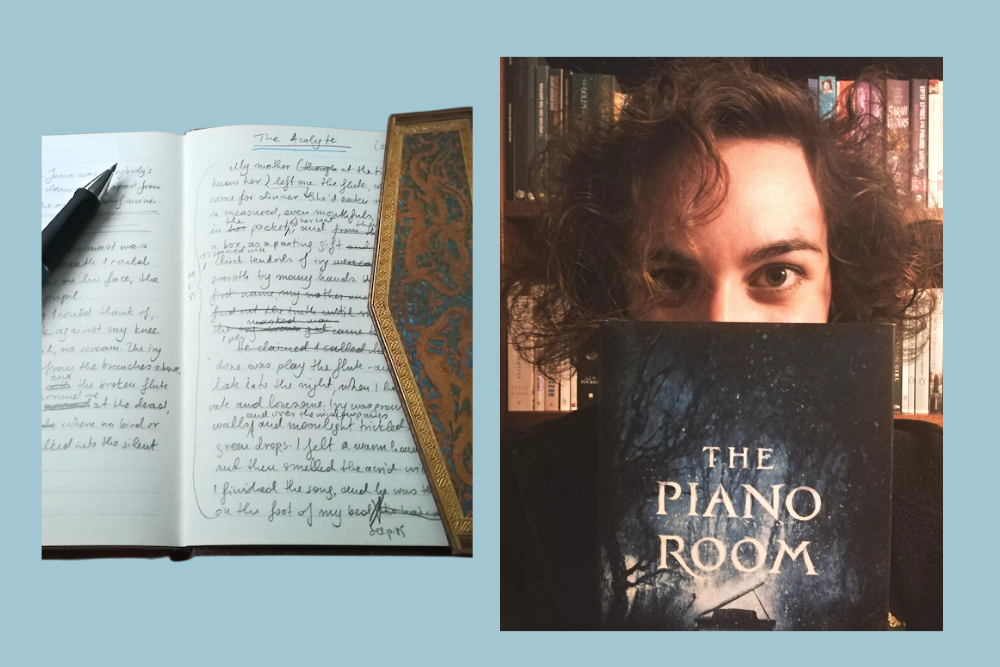
My Paperblanks Notebooks
I got my first Paperblanks as a gift: it was the handstitched Sunset Landscape, and I used it to rewrite the young adult fantasy novel I was writing as a young adult. I adored the handstitched journals in particular, the way they opened completely flat; more than a decade later, they have never fallen apart. I was drawn to the quality of the paper and the combination of elegant and practical design. They were a joy to write with a pencil, which is my preferred medium, and were durable enough to withstand anything.
I’ve loved trying different styles and formats throughout the years. The minis came with me on my journeys as travel journals, the ultras were places I could develop first drafts with plenty of correction room, and the midis still make perfect personal journals.
Creative Process and Writing Rituals
I’m very particular about music when it comes to getting in the zone. I try to pair it to the mood of the story, and I prefer instrumental music: classical and soundtracks. I have to make sure that the light is good and that the phone won’t ring. I hate being interrupted! Sometimes I journal for a while before beginning, to clear my mind and find the thread of the story. (My current personal journal is the Calypso Flexi. I find its deep sea-blue cover so calming.)
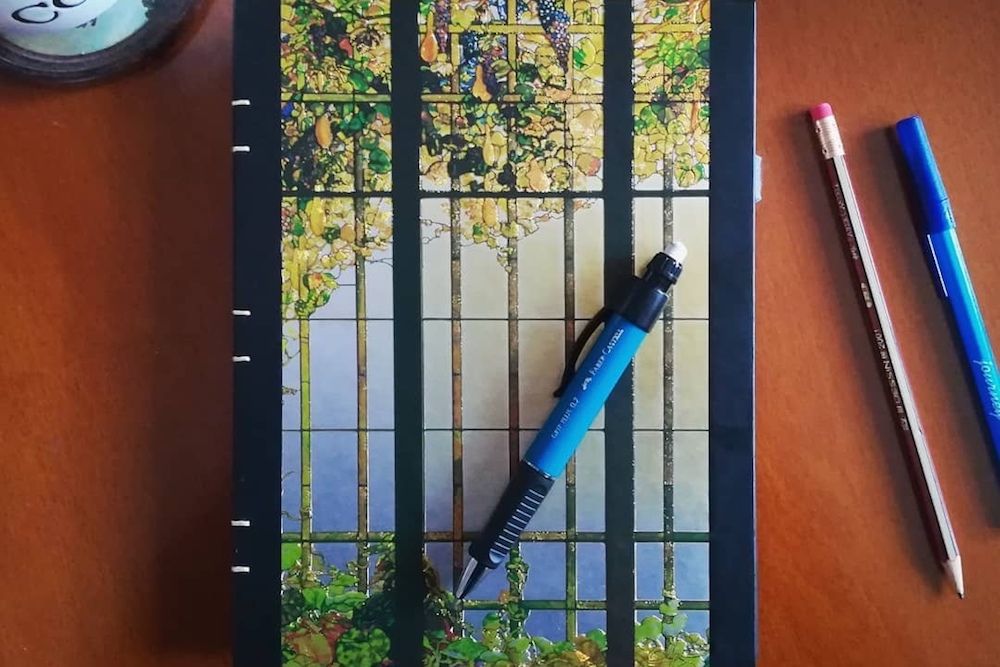
Publishing My Novel
It has been a long journey and an intense experience getting my novel, The Piano Room, from the page to a fully fledged book this past September. It’s my debut novel, and the first one that I wrote and edited to this stage of completion, so every step of the experience was new to me as a writer. The Piano Room is a gothic, supernatural reimagining of the Faustian legend, with queer themes, set in the late 20th century.
The scariest part, looking back, was putting so much of myself into it. There is a terrifying sense of vulnerability, and you have to hold on to that to keep writing the story, you have to be able to pause for a while and pick it up again when it’s needed. The first draft took about four years to complete. Several rewrites followed until I began sending it out. Doing all this work with zero guarantee that this might lead somewhere was a hard task, one that every writer is familiar with. And you have to carry on, knowing all the while that even when your wish is granted, you’ll have to let go. You have to allow for something so terribly personal to become public, in the hopes that a reader somewhere might find in it the enjoyment and meaning that you did as a writer.
And I’m so very grateful that Fairlight Books, an indie publisher based in Oxford, UK, took a chance on it. They really have done amazing work, and the finished product is so gorgeous to hold and look at!
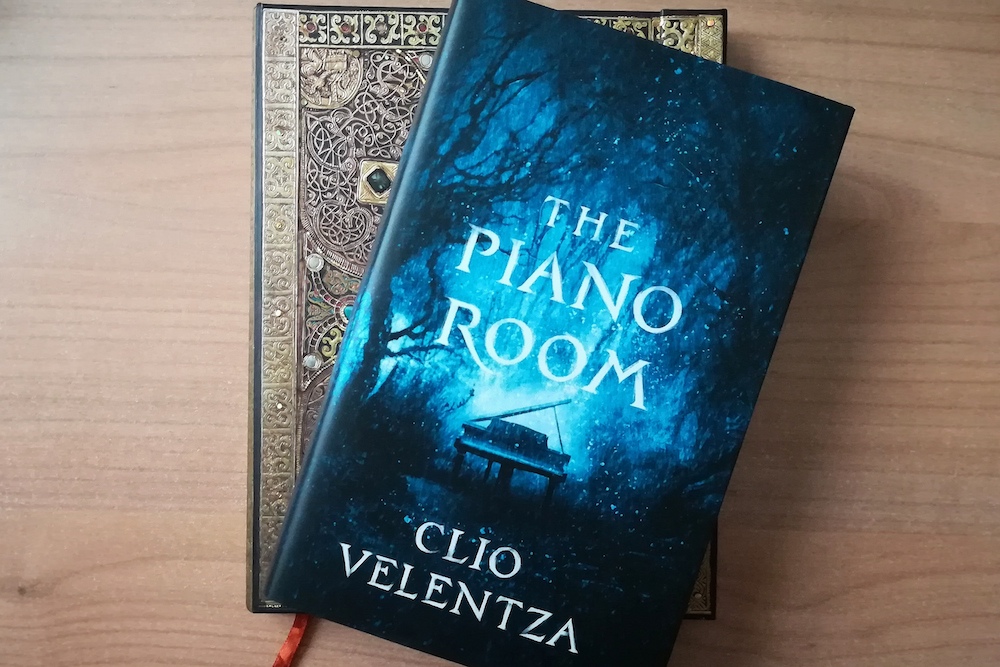
My Editing Process
I’m merciless. While rewriting, a good one fourth of The Piano Room was chucked before I ever started sending it out – and another fifth was gone during the final draft. I suppose this is why playwriting appeals to me: the writing there has to be whittled down to the very bone. Sometimes in prose I have to “get there by hand,” meaning I have to write my way to something, which can create unnecessary meandering in between, so on the next drafts I have to cut and stitch a lot. I don’t mind, though; I like taking my time to get there while writing, just as I do as a reader. I never expect to be dragged in by a book’s first page; I like to be taken by the hand and led in, enjoying the scenery.
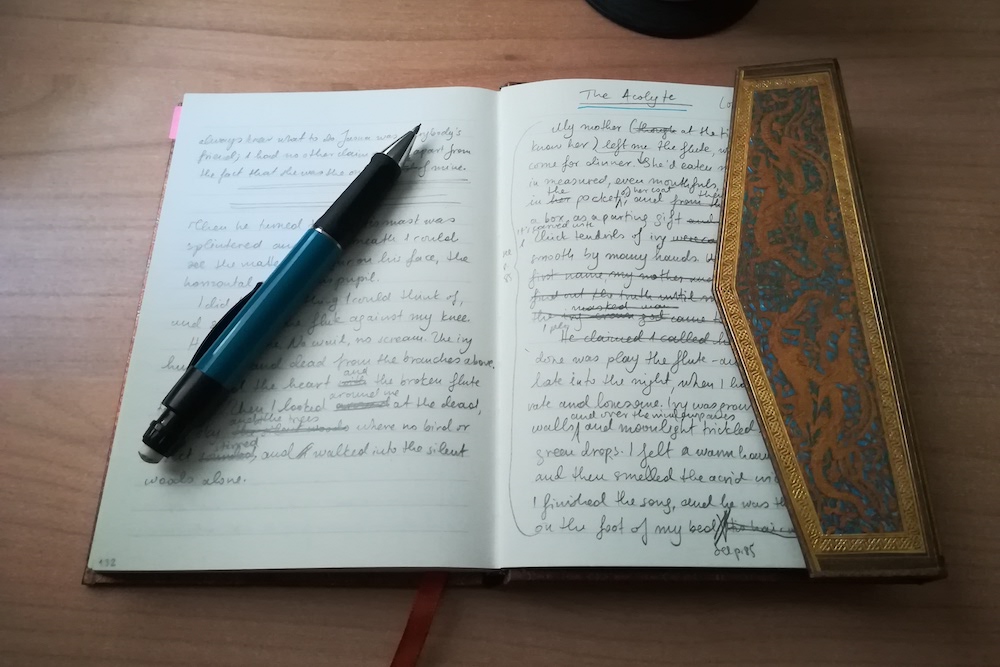
NaNoWriMo (National Novel Writing Month)
I love NaNoWriMo! The Piano Room was my second NaNoWriMo attempt, in 2013. I’ve never managed to win, but with The Piano Room I aimed to complete 50,000 words in two months instead of one, and I managed it. That turned out to be the 1980s timeline, the story from Sandor’s (one of the two protagonists) point of view. The next year I returned to the same story, and wrote some of Ferdi’s part in the 1990s (the other protagonist). I love the momentum, joy and sense of community in NaNoWriMo. Plugging your ears to your inner critic and writing with abandon, just for the fun of it. To the casual observer you may look glassy-eyed, bedraggled, and yelling at a laptop screen, but you’re actually having the time of your life.
Some Advice to Other Writers
Do not give up. If your work feels important to you, it doesn’t matter what other people say. If it matters to you then it matters to the world, because you are part of this world, and you are not seeking to please everyone. Work to please yourself, to meet your own standards, guided by your own compass. Some art may never leave your drawer, and that’s okay; not all of it is meant to. Keep working, and err on the side of authenticity.
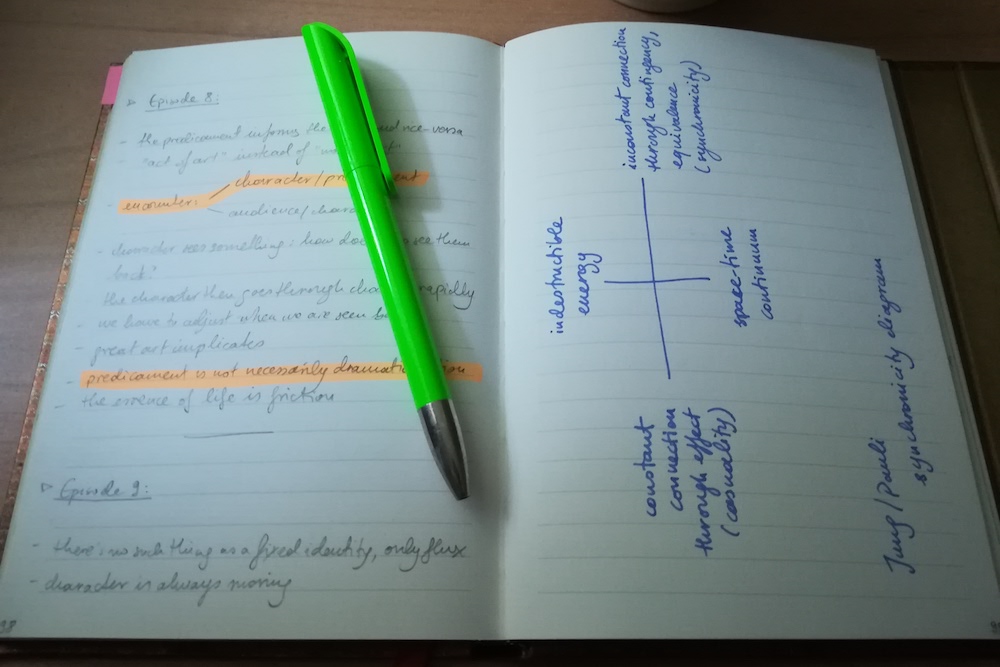
What’s Next?
At the moment, I’m experiencing creative burnout. It has been a hard year in many ways, so now a pause is necessary. I don’t know what the future will bring, but writing has always been a part of me, so I trust that I’ll find my way back to it. Stories are our lifeblood, and I’m happy and humbled to have contributed to that in whatever way I could.
Thank you, Clio, for sharing a peek into your notebooks and your creative process. If you want to learn more about Clio, visit her website or her Instagram page.
We are continuously looking for People of Paperblanks to feature on this series. Please send us an email if you have a project that you would like to be featured.

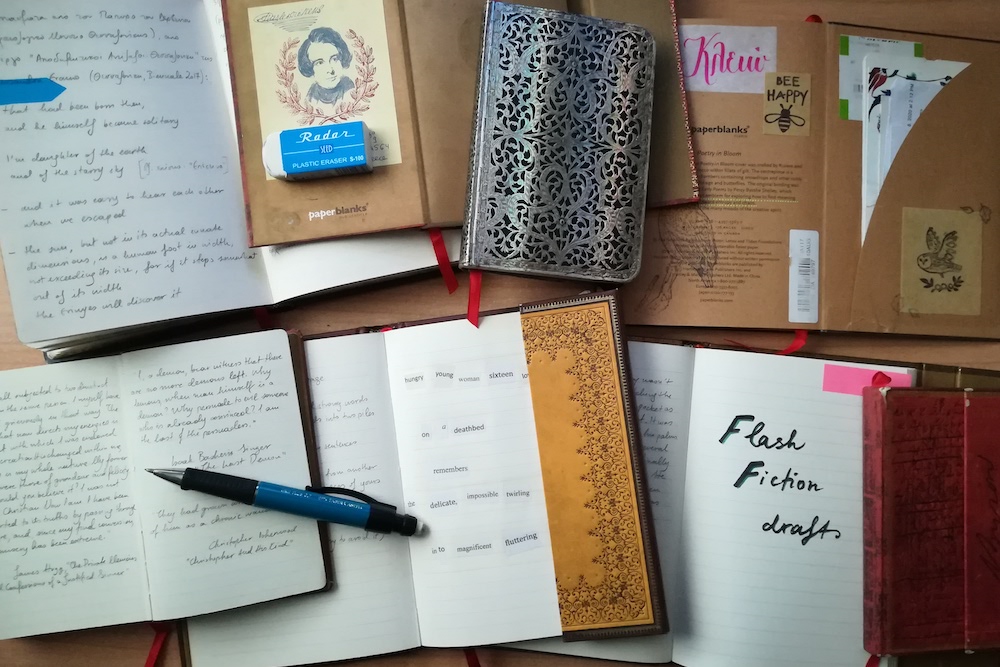


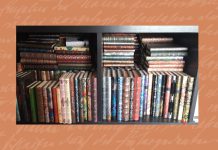
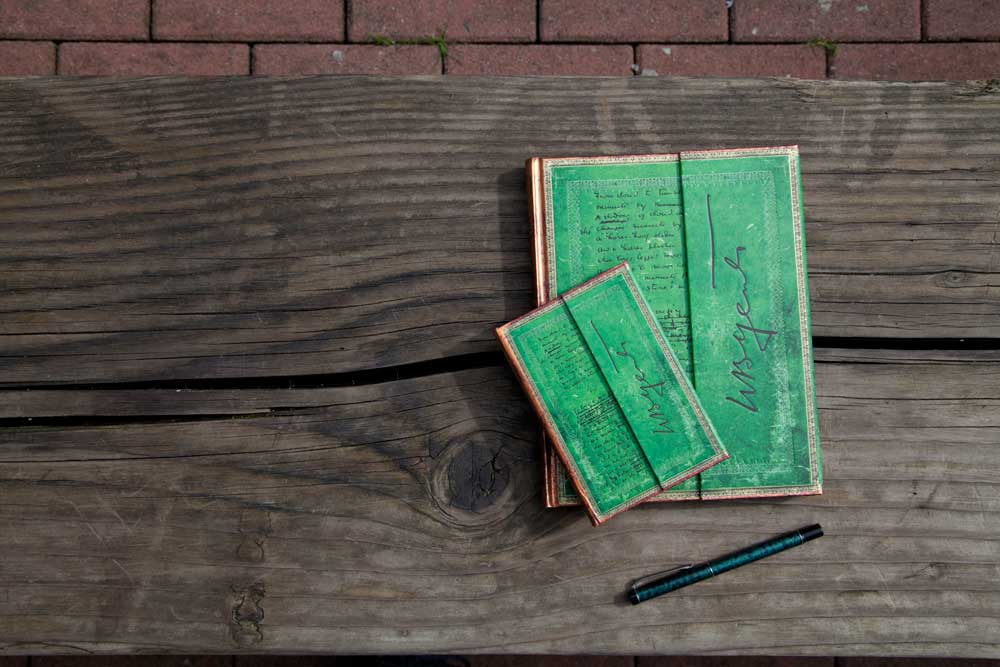
As someone working on a short story whose hit a proverbial wall this was a huge inspiration. Thankyou Clio for inspiring me to keep writing!
That’s great to hear, Kim! Thank you for sharing. We are very happy to hear that Clio’s story inspired you. Keep up the great work!